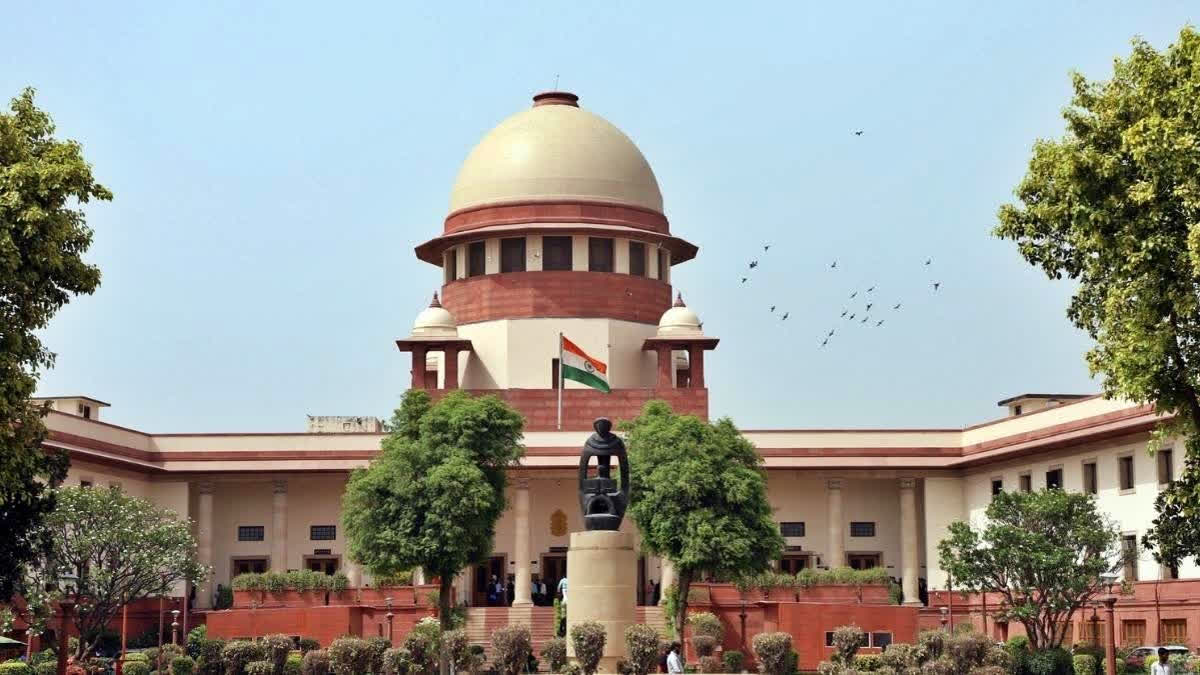New Delhi:The Supreme Court on Friday said that the hate speech definition is complex and stressed that though there are verdicts of the apex court, the main problem is implementation and execution, and a solution can be found through collective efforts. The apex court made these observations while hearing a plea against the rallies to be organised by Vishva Hindu Parishad and Bajrang Dal in the Delhi-NCR region regarding the communal clashes in Haryana.
A bench comprising justices Sanjiv Khanna and SVN Bhatti queried the parties whether the events were peaceful. Senior advocate CU Singh, representing petitioner Shaheen Abdullah, said no violence was reported, however, some hate speeches were made at the rallies. The bench told Singh that the definition of hate speech is fairly complex and it has to be ensured that it does not transverse into the area of free speech. The bench asked parties to sit together to find a solution and explore the possibility of finding a solution to hate speech through collective efforts.
Solicitor General Tushar Mehta, representing the Centre, said that in 2018, the apex court had specified what is hate speech in the Tehseen Poonawalla case and emphasised that no one can justify hate speech against any community. Mehta said he has also received some video clips of hate speeches and the petitioner should be directed to amend his petition because he is selectively targeting only one community.
